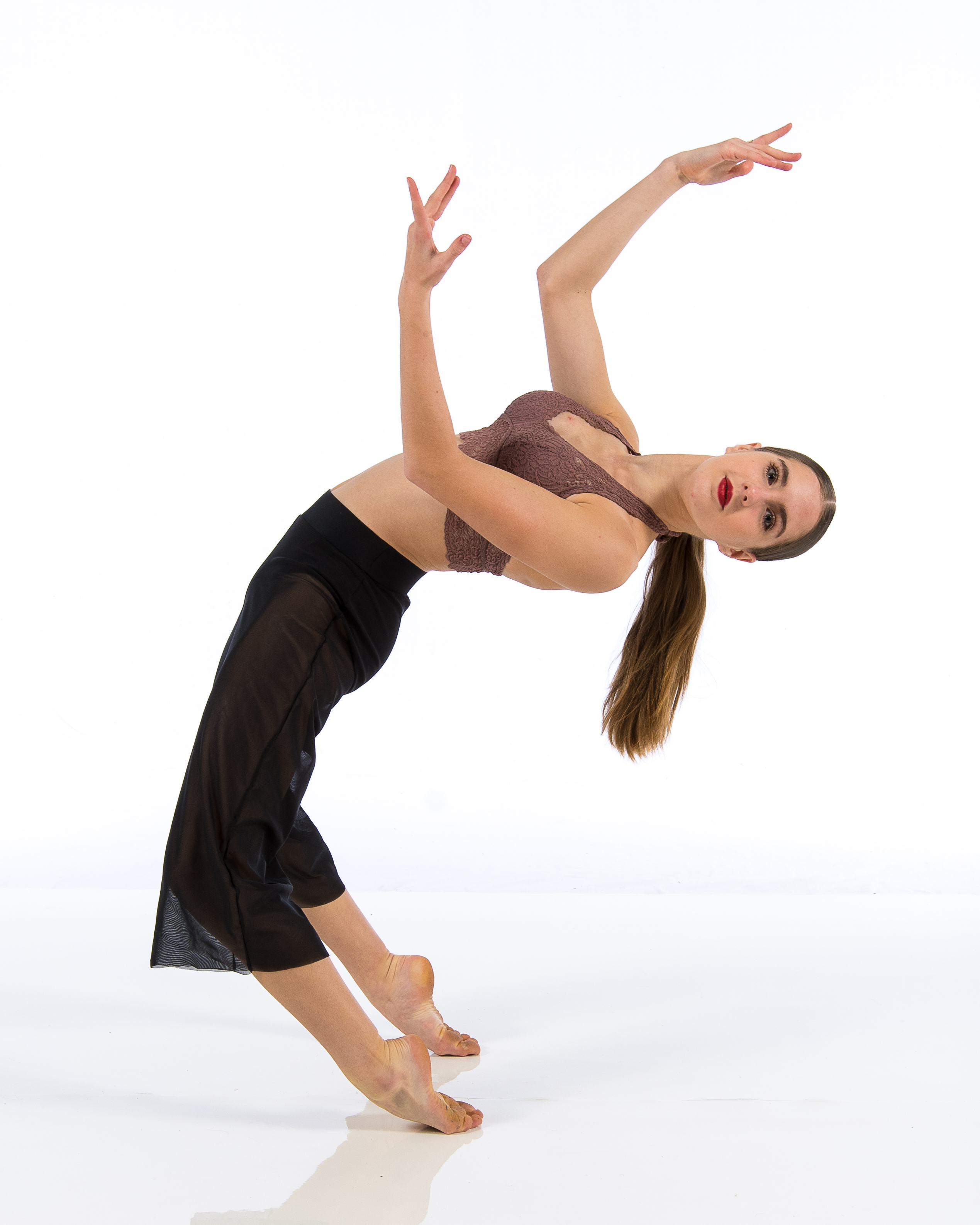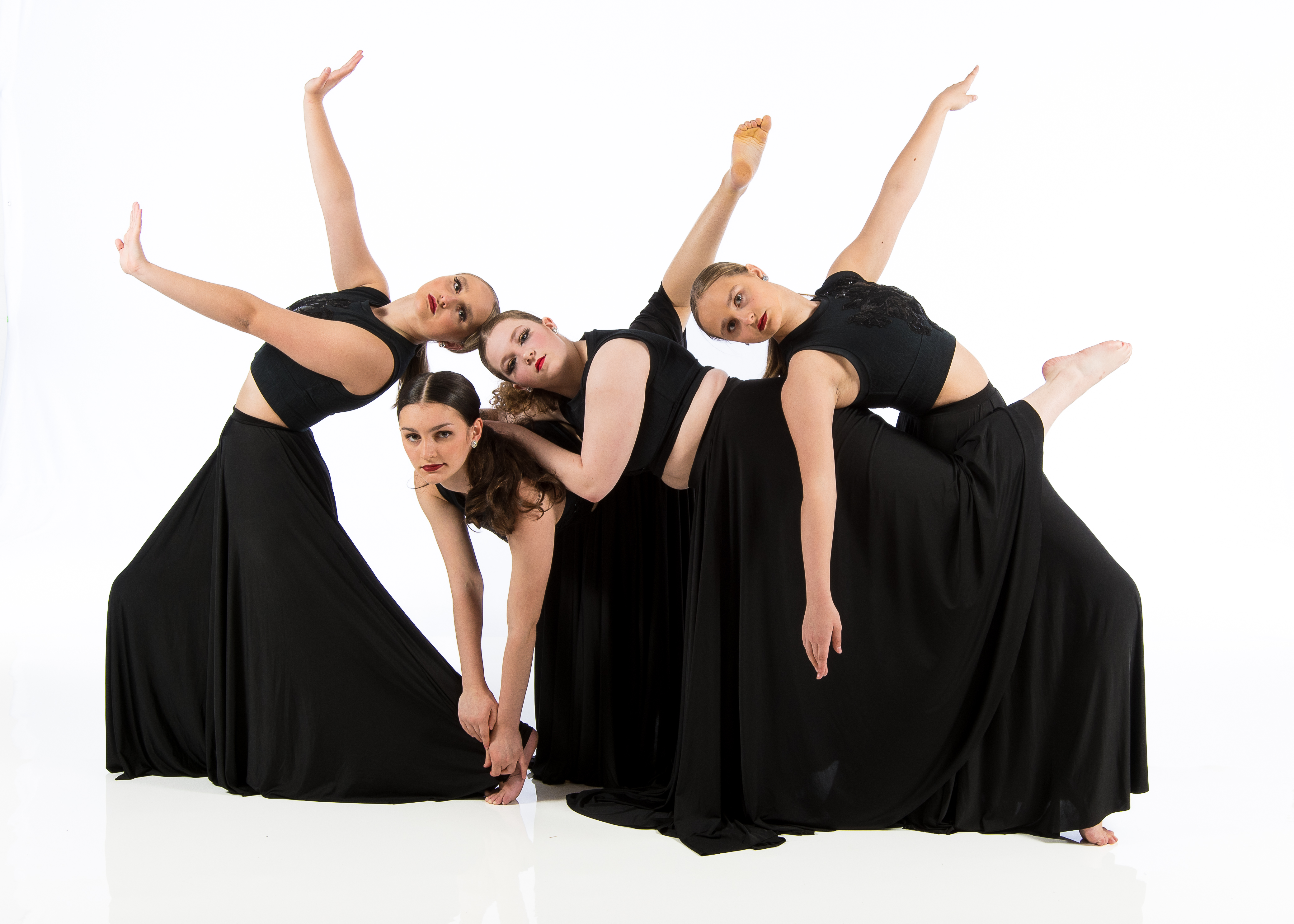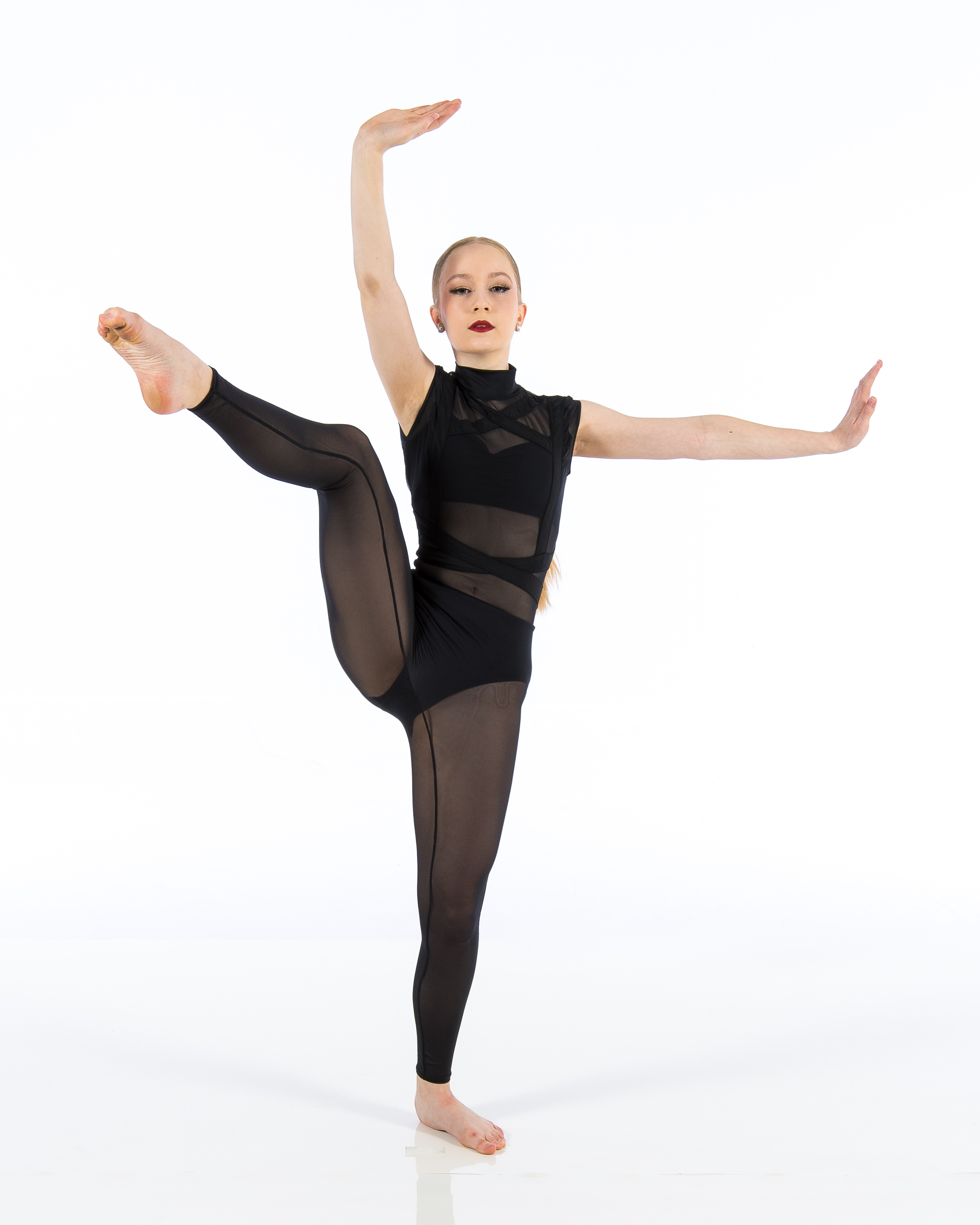Introduction
Dance is an art type that goes beyond barriers, unites communities, and ruptureds with the vigor of human expression. Whether you're a budding professional dancer entering a dance studio for the very first time or a skilled performer wanting to fine-tune your craft, recognizing dance studio etiquette is necessary for guaranteeing a positive experience. This extensive overview entitled From Novice to Professional: Browsing Dance Studio Rules for a Harmonious Experience will certainly take you via every element of dance studio behavior, offering insights that will certainly boost your experience and foster more powerful relationships within the dance community.
Understanding Dance Studio Etiquette
What is Dance Studio Etiquette?
Dance workshop rules describes the set of unwritten rules and social standards that regulate actions in a dancing classroom setting. Much like any type of various other artistic setting, appreciating these standards can improve not just your knowing experience however additionally that of your peers.
Why is Dance Studio Decorum Important?
Adhering to correct decorum helps create an environment of regard, focus, and cooperation. It cultivates a feeling of area and permits dancers to support each various other in their development while minimizing interruptions throughout class.
From Novice to Specialist: The Significance of First Impressions
Preparing for Your Initial Class
Walking right into a dance studio for the very first time can be nerve-wracking. To make a memorable impression:
- Dress suitably: Wear comfy outfit ideal for the sort of dance you're studying. Arrive early: Aim to arrive at the very least 10-- 15 minutes prior to class starts. This gives you time to sign in, warm up, and work out in.
Greeting Your Instructor
A friendly greeting sets the tone for your experience. Constantly introduce on your own if it's your extraordinary! A straightforward "Hello" or "Good morning" can go a long means in developing rapport.
Classroom Conduct: The Do's and Do n'tshtmlplcehlder 46end.
Do's: Favorable Behaviors
Be Respectful: Respect every person's personal area-- particularly when exercising moves. Listen Actively: Show listening when teachers are speaking; it shows you value their guidance. Support Your Peers: Motivate fellow professional dancers; positivity types encouragement.Don'ts: Negative Behaviors
Avoid Interruptions: Keep personal discussions outside the classroom. Don't Usage Your Phone: Silence your phone throughout course; it's disruptive. Refrain from Interrupting: Wait up until the teacher coatings before asking questions.The Function of Personal Room in Dancing Studios
Understanding Boundaries
Personal room varies from one person to another, especially in a dancing setting where physical distance is often required throughout technique routines.

Communicating Comfort Levels
If you feel uneasy with how close an additional professional dancer is obtaining throughout partnered workouts or formations, it's vital to communicate this politely and professionally.
Maintaining Professionalism and trust: Dress Code and Grooming
Importance of Correct Attire
Each dancing style commonly has its very own outfit code-- whether it be leotards for ballet or baggy clothing for hip-hop courses-- adhering to these requirements shows respect for both your craft and your instructor.
Personal Health Matters
Dancing needs physical exertion, which can lead to sweat. Guarantee you keep excellent health by showering prior to class and using clean attire.
Behavior Throughout Course: Concentrating On Learning
Engaging with Instruction
It's vital to stay concentrated during presentations. Rather than simply enjoying, actively involve by envisioning just how you would perform each movement.
Asking Questions Appropriately
Curiosity boosts discovering! If something isn't clear, feel free to ask inquiries-- but ensure they are relevant and posed at ideal times (ideally after guidelines).
Feedback: Welcoming Positive Criticism
Accepting Feedback Gracefully
Constructive objection is part and parcel of growth in any art type. Accept comments with an open mind and stay clear of becoming defensive; bear in mind that critique aims to aid enhance your skills!
Offering Responses Thoughtfully
When offering responses to peers, ensure it's constructive as opposed to critical; focus on what they succeeded alongside areas for improvement.
Creating Consistency With Teamwork
The Importance of Group Spirit
In numerous dancing designs, synergy plays an essential duty; creating camaraderie with fellow dancers causes boosted performances.
Collaborating During Group Exercises
When associated with group tasks or choreography methods, urge creativity by appreciating everyone's concepts while additionally adding your own constructively.
Handling Disputes Gracefully
Addressing Disputes Maturely
Conflict might arise due to misunderstandings or differing point of views on choreography choices. Deal with these problems independently instead of publicly airing complaints which might disrupt class harmony.
Seeking Arbitration When Necessary
If conflicts intensify beyond individual resolution efforts-- seek advice from instructors who can mediate efficiently based upon their experience dealing with comparable situations.
Post-Class Rules: Leaving on an Excellent Note
Thanking Trainers After Class
Always express appreciation in the direction of your instructor after lessons; this reinforces positive connections while acknowledging their difficult work!
Keeping the Studio Clean
Whether it's grabbing canteen or nicely organizing props post-class-- keeping tidiness lionizes for shared areas used by all dancers!
Engaging Beyond Course Time: Building Community Relationships
Joining Social Events
Participate in social events arranged by workshops such as displays or open residences-- these gatherings provide possibilities for networking while improving neighborhood connections outside structured lessons!
Supporting Fellow Dancers' Performances
Attending peers' efficiencies demonstrates solidarity within the dancing area-- it encourages interaction beyond plain presence at classes!
Frequently Asked Inquiries (FAQs)
1. What must I use for my initial dancing class?
Select comfy outfit suitable for the details design you're taking (e.g., leotards for ballet). Always ask about outfit codes beforehand!

2. Is it alright to chat throughout class?
It's finest practice not to engage in side conversations during guideline as this distracts both teachers & & fellow students alike!
3. Just how do I take care of feeling overwhelmed?
Take deep breaths & & remind on your own that every dancer started somewhere! Interact any kind of have problem with instructors that might offer extra aid if needed!

4. What if I disagree with choreography choices?
Express issues professionally either privately or within designated feedback sessions as opposed to honestly critiquing throughout wedding rehearsals; maintaining professionalism and reliability helps solve disputes amicably!
5. Need to I bring water into the studio?
Definitely! Staying hydrated enhances performance degrees; just guarantee containers are firmly shut so spills don't take place on floors where others are dancing!
6. Exactly how vital is punctuality?
Punctuality is crucial as getting here late interferes with concentration levels while causing disturbances; aim always get here early adequate allowing time warm-up effectively prior to classes commence!
Conclusion
Navigating with a dance studio environment can appear intimidating at read more first glance yet understanding proper etiquette eventually transforms one's trip from beginner condition towards expert degree virtuosity! By sticking carefully recognized behaviors described throughout this guide entitled From Newbie To Expert: Browsing Dance Studio Rules For A Harmonious Experience *, you'll grow invaluable friendships within areas enriched creativity while sharpening technological expertise together with respected coaches! So lace up those footwear confidently tip onto that floor-- the globe awaits your special expression with movement!